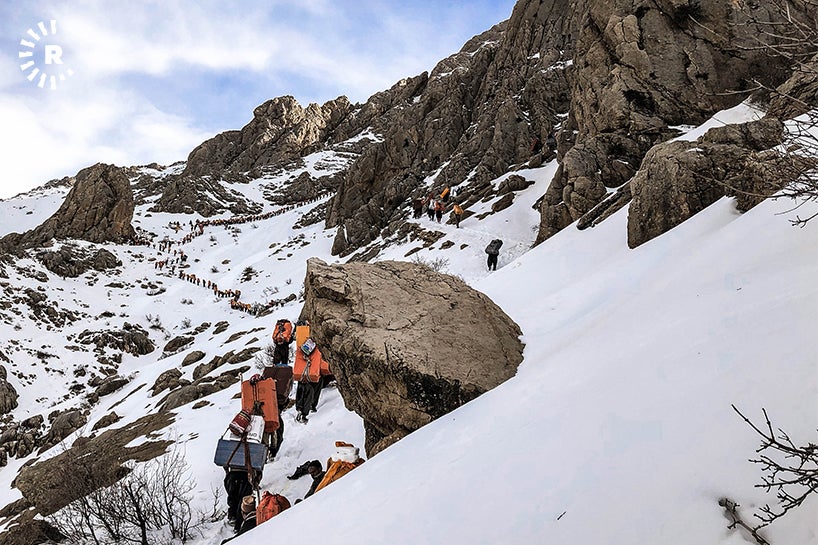13 Photos
Photo Gallery
Neither snow nor gloom of sanctions halt Kurdish kolbars
19-03-2019
A biting wind whips around snowcapped mountain peaks on the border of the Kurdistan Region and Iran. On a cold day in February 2019, thousands of men – young and old – prepare for a trek through ice and snow to make a meager living.
These are the kolbars, semi-legal Kurdish porters who carry heavy loads on their backs across the border. These men defy the elements and the Iranian regime who cares little about their fate, and they defy US sanctions against Iran.
It’s a deadly job. Some step on 30-year-old landmines left over from the Iran-Iraq war. Others are shot by Iranian border guards. The elements and harsh terrain claim the lives of those who fall from the icy cliffs or freeze to death.
At least two kolbars have died this month so far. Azim Ahmadi was shot by Iranian border guards and nine others were injured in the same incident, according to the France-based Kurdistan Human Rights Network.
Seventeen-year-old Afshar Sayyadi Niaz took up the kolbar’s load in order to help support his family. He fell off a mountainside and died, the rights group reported.
Scenes like this play out on a daily basis along the porous border. The men are driven to this work because of high poverty and unemployment rates in the Kurdish areas of northwestern Iran.
The hardships are compounded by United States sanctions against Iran that have constricted the economy. Kolbars on the mountainsides said life has been made more difficult in Iran since US President Donald Trump’s administration withdrew from the nuclear deal and re-imposed sanctions last year.
These are the kolbars, semi-legal Kurdish porters who carry heavy loads on their backs across the border. These men defy the elements and the Iranian regime who cares little about their fate, and they defy US sanctions against Iran.
It’s a deadly job. Some step on 30-year-old landmines left over from the Iran-Iraq war. Others are shot by Iranian border guards. The elements and harsh terrain claim the lives of those who fall from the icy cliffs or freeze to death.
At least two kolbars have died this month so far. Azim Ahmadi was shot by Iranian border guards and nine others were injured in the same incident, according to the France-based Kurdistan Human Rights Network.
Seventeen-year-old Afshar Sayyadi Niaz took up the kolbar’s load in order to help support his family. He fell off a mountainside and died, the rights group reported.
Scenes like this play out on a daily basis along the porous border. The men are driven to this work because of high poverty and unemployment rates in the Kurdish areas of northwestern Iran.
The hardships are compounded by United States sanctions against Iran that have constricted the economy. Kolbars on the mountainsides said life has been made more difficult in Iran since US President Donald Trump’s administration withdrew from the nuclear deal and re-imposed sanctions last year.
Kolbars 10
Kolbars 11
Kolbars 12
Kolbars 13

Neither snow nor gloom of sanctions halt Kurdish kolbars
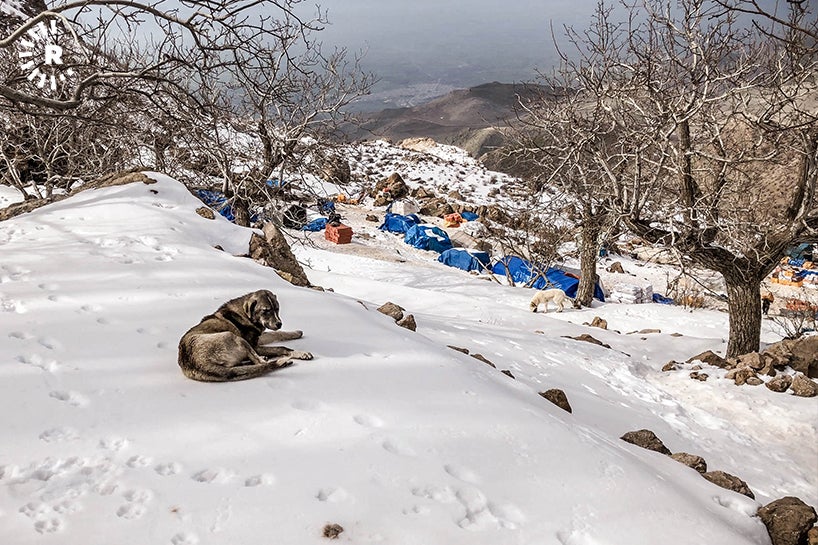
Neither snow nor gloom of sanctions halt Kurdish kolbars
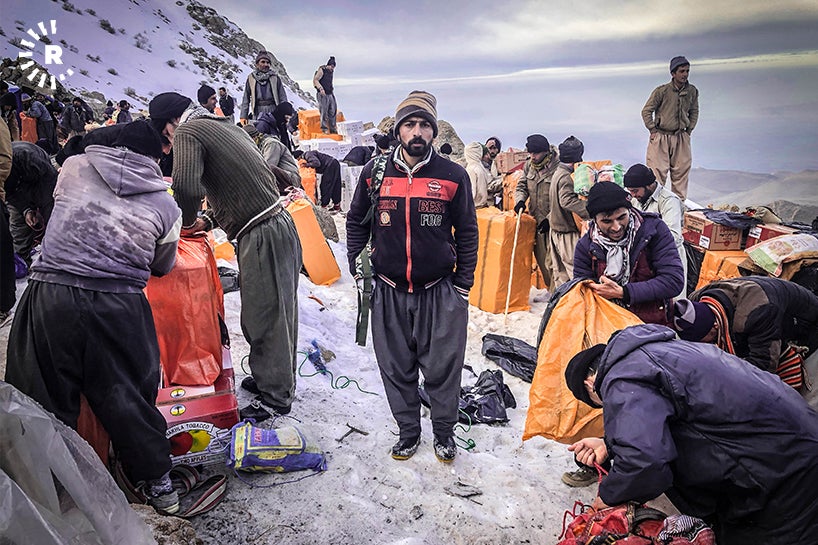
Neither snow nor gloom of sanctions halt Kurdish kolbars
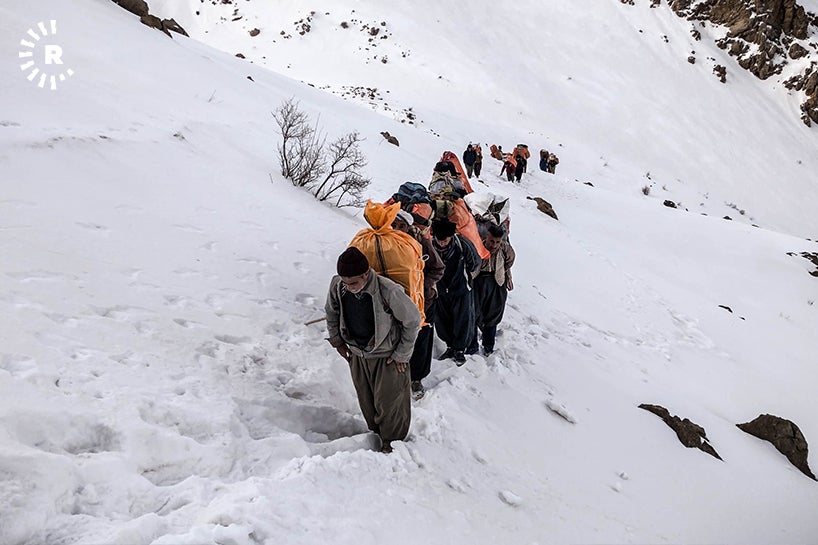
Neither snow nor gloom of sanctions halt Kurdish kolbars
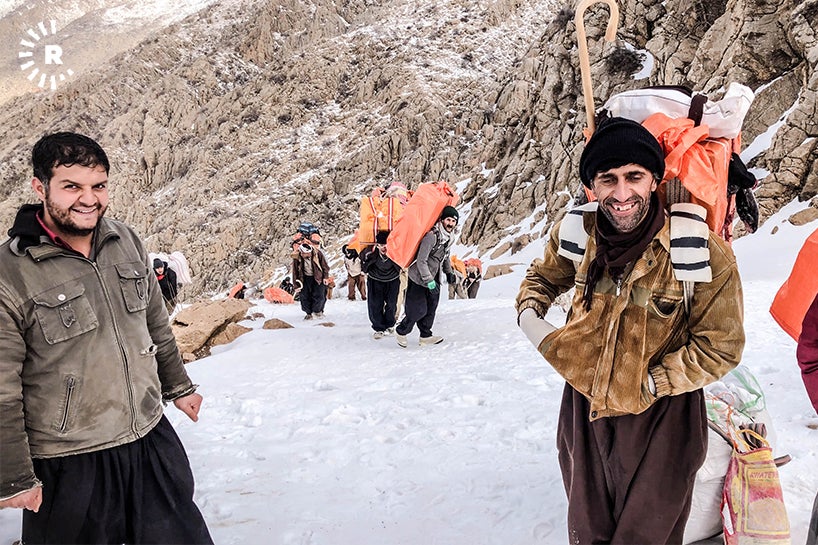
Neither snow nor gloom of sanctions halt Kurdish kolbars
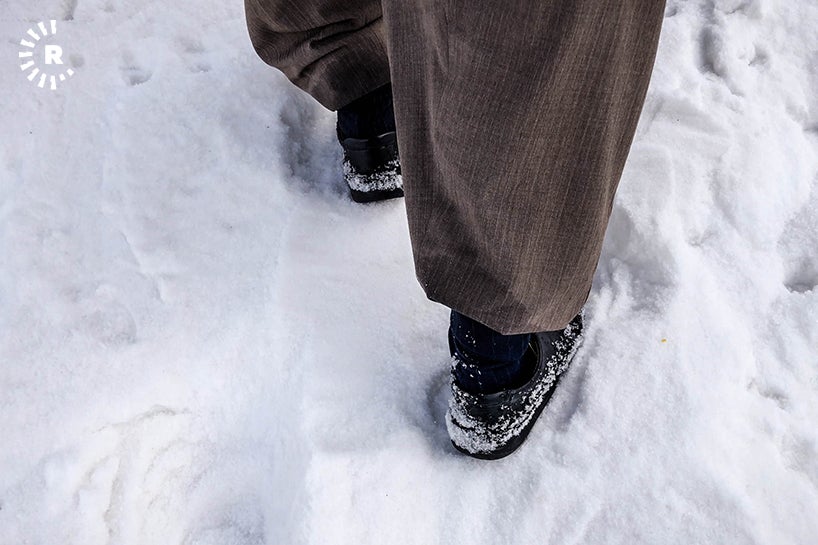
Neither snow nor gloom of sanctions halt Kurdish kolbars
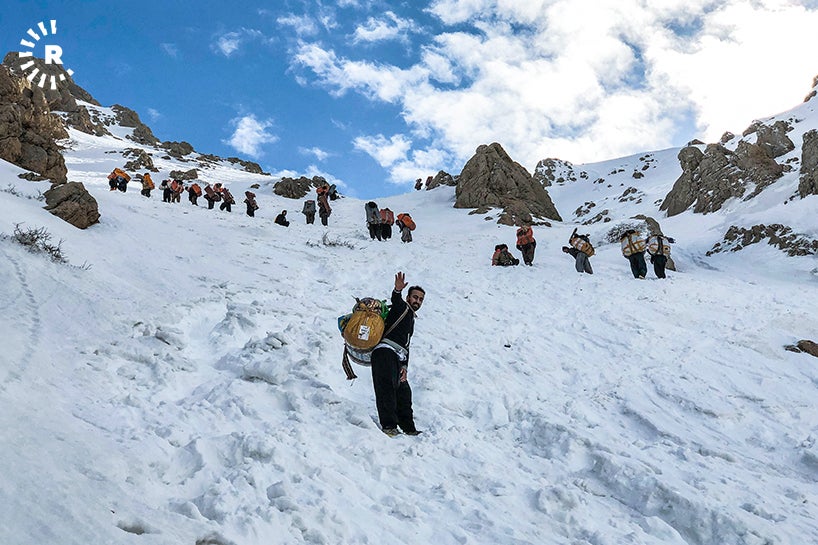
Neither snow nor gloom of sanctions halt Kurdish kolbars
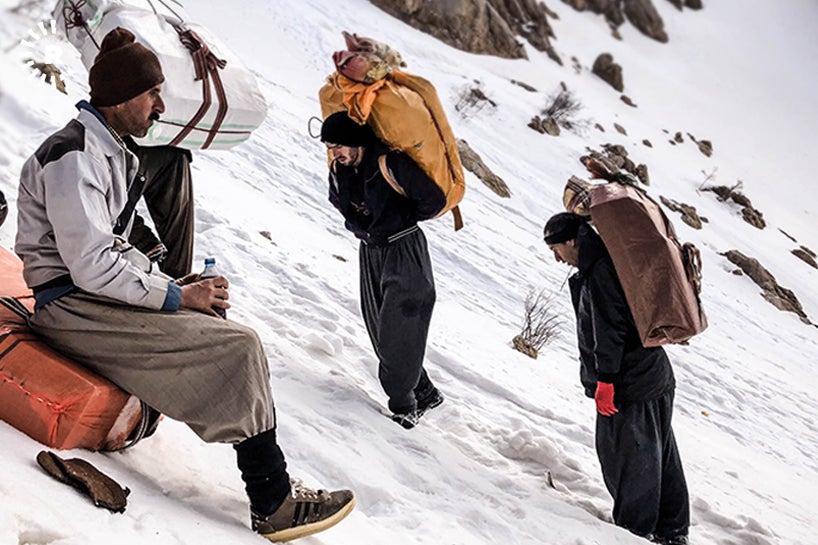
Neither snow nor gloom of sanctions halt Kurdish kolbars
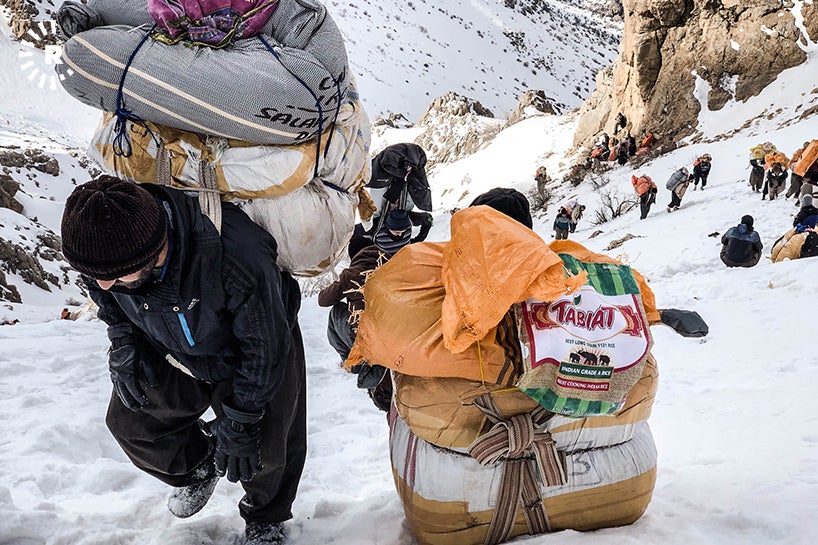
Neither snow nor gloom of sanctions halt Kurdish kolbars
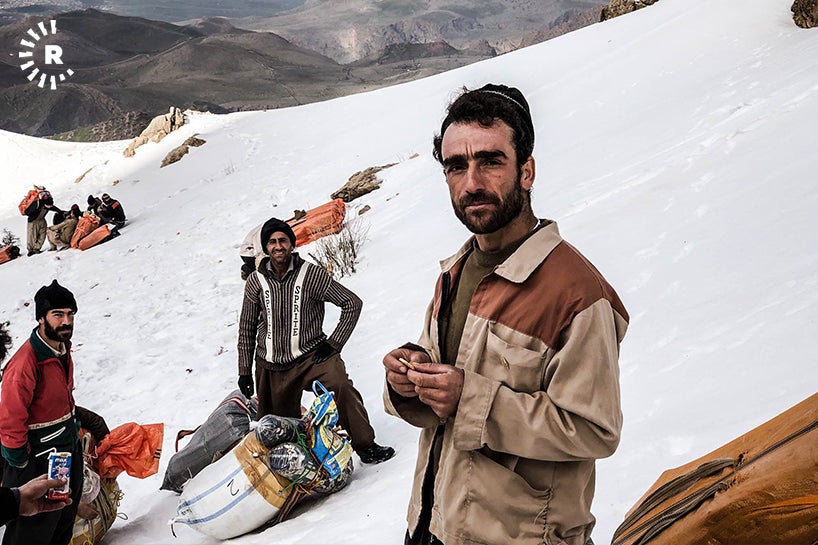
Neither snow nor gloom of sanctions halt Kurdish kolbars
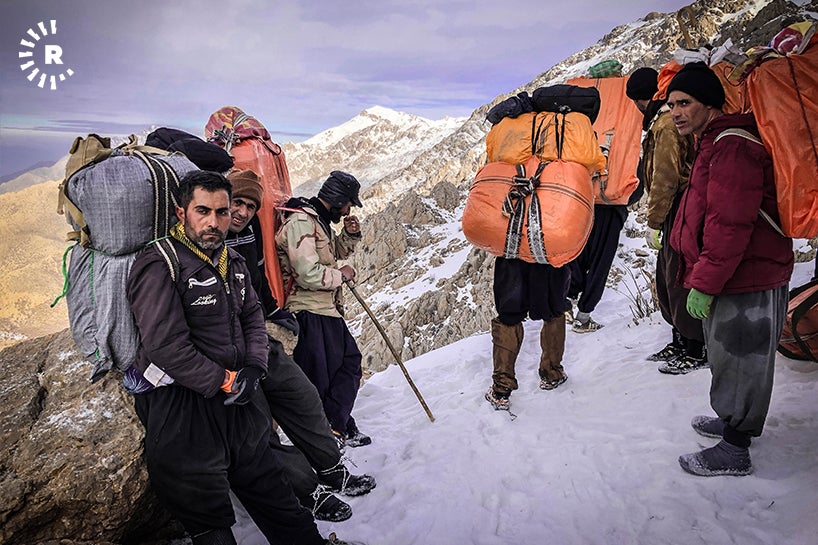
Neither snow nor gloom of sanctions halt Kurdish kolbars
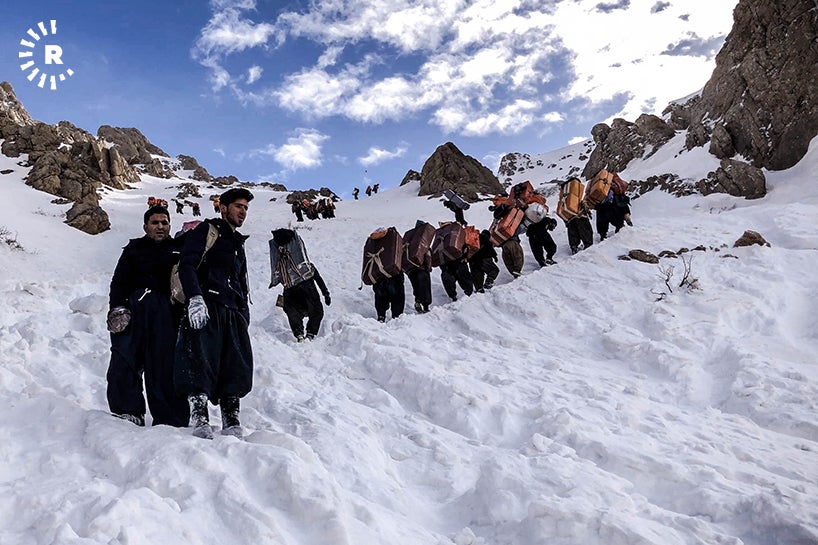
Neither snow nor gloom of sanctions halt Kurdish kolbars
